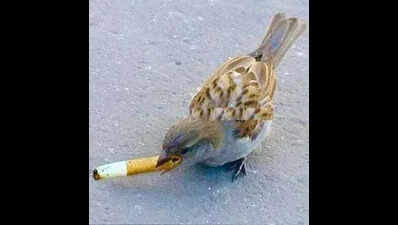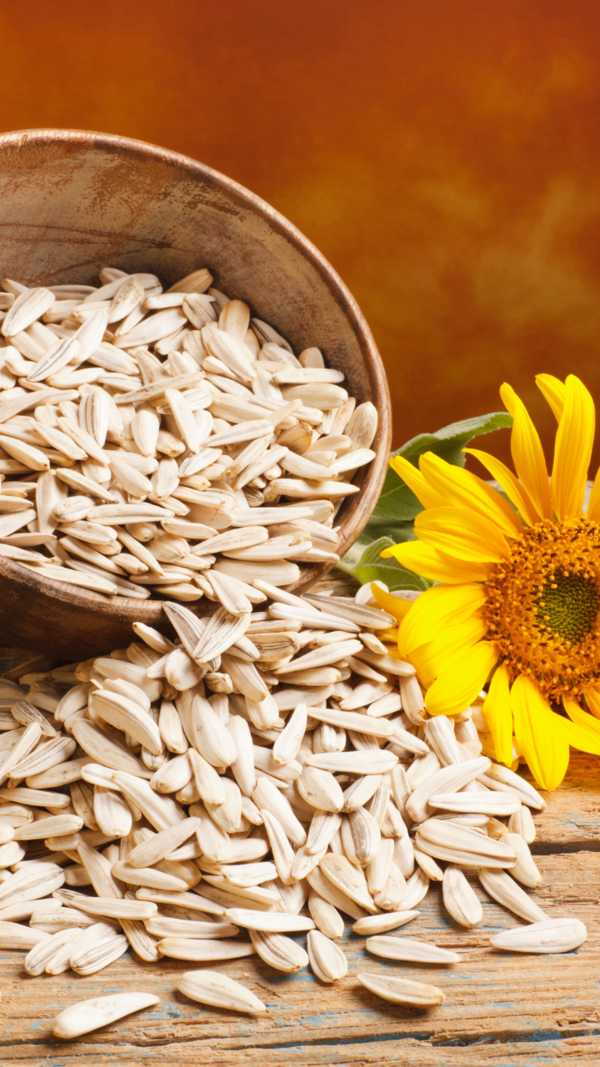- News
- City News
- ahmedabad News
- Sparrows use cigarette butts to ward off insects!
Trending
Sparrows use cigarette butts to ward off insects!
SLUG: WORLD SPARROW DAY
Ahmedabad: Next time you spot a sparrow with a cigarette butt in its beak, it's not a demonstration of the ‘Thug Life' meme or the little bird playing it cool. It's the bird's strategy to get rid of insects from their nests!
As World Sparrow Day was celebrated on Thursday, the ‘Sparrow Man of India', Jagat Kinkhabwala, said that the birds show this behaviour primarily near sources such as paan parlours. "It is documented widely in India and abroad where the birds take the discarded cigarette butt from the ground and keep it in their nests to deter insects and ants. Tobacco works as a repellent to several insects," said Kinkhabwala, who was mentioned in Prime Minister Narendra Modi's radio show ‘Mann ki Baat' on sparrow conservation.
"The survival rate for sparrow chicks is often 50-60%. Insects can often bite and kill the chicks, making the nests uninhabitable. The insects infest the nest often after monsoon."
Launched in 2012, the ‘Save the Sparrow' campaign has seen the hatching of about 2.6 lakh sparrow chicks. The cardboard nests are distributed in India and abroad. Kinkhabwala listed some of the major challenges faced by sparrows, which include occupation of these nests by other birds and rapidly diminishing natural habitat. "Like almost all birds, sparrows are territorial, and once they lose their territory, chances of their survival reduce," he said.

About the Author
Parth ShastriEnd of Article
FOLLOW US ON SOCIAL MEDIA







